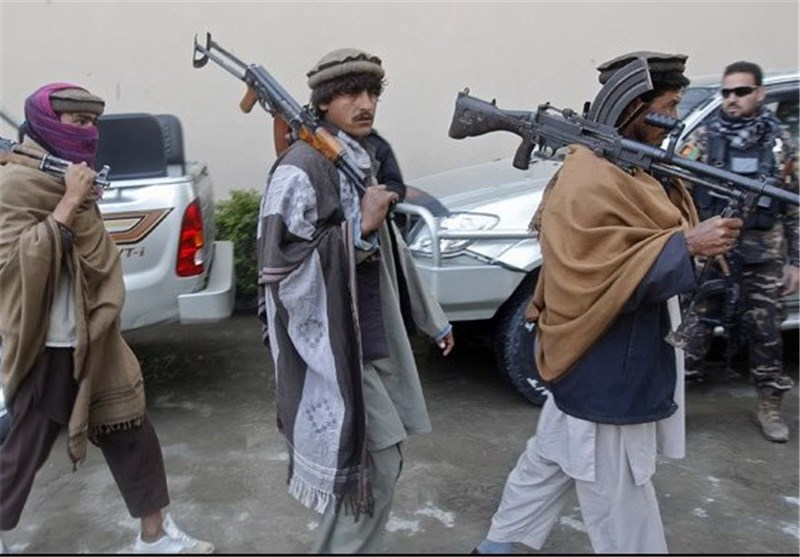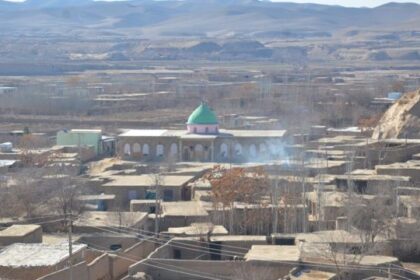RASC News Agency: A newly published investigation by The Washington Post reveals that at least 63 units of advanced U.S.-made weaponry, originally left behind in Afghanistan, have ended up in the hands of Pakistani insurgent groups and are now being used in terrorist attacks throughout the region. These weapons which include assault rifles, heavy machine guns, and night-vision devices have reportedly been trafficked through illegal networks and sold on the black market. They are now actively deployed by armed groups such as Tehrik-i-Taliban Pakistan (TTP) and Baloch insurgents, intensifying security challenges within Pakistan.
According to one arms dealer interviewed by The Washington Post, the market for these weapons surged after the Taliban’s takeover of Afghanistan. Night-vision scopes, previously valued at around $2,000, were being sold for under $300. In response to growing concern, Pakistani authorities allowed journalists from the Post to inspect dozens of seized weapons. Following rigorous analysis, both the U.S. Army and the Pentagon confirmed that the arms had originally been supplied to the former Afghanistan’s National Defense and Security Forces (ANDSF). The report outlines how these weapons are now being utilized by a broad spectrum of armed factions across Pakistan, including northern jihadist outfits and Baloch separatist militias operating in the southwest. In one particularly deadly incident, Baloch insurgents allegedly used American-made weapons during an attack on the Jaffar Express train, killing at least 90 people. Pakistani authorities later confirmed the presence of U.S.-origin arms at the crime scene.
In January, Pakistan’s Ministry of Foreign Affairs released a statement warning that the uncontrolled circulation of these advanced weapons now poses a grave and escalating threat to national security. Meanwhile, American officials have responded with alarm. Former President Donald Trump went so far as to threaten a complete suspension of U.S. aid to Afghanistan unless the Taliban return the military equipment. Taliban spokesperson Zabihullah Mujahid rejected these demands, asserting that the weapons in question now legally belong to Afghanistan and would not be returned under any circumstances.
Michael Kugelman, a senior analyst on South Asian affairs, warned that unless immediate measures are taken to curtail the spread of these weapons, Pakistan could descend once more into the era of widespread terror that marked the years between 2009 and 2014 a period defined by relentless insurgent attacks, bombings, and national instability. As the issue gains international attention, observers warn that the unchecked proliferation of sophisticated weaponry and the Taliban’s intransigence may undermine the fragile security landscape across South and Central Asia.






